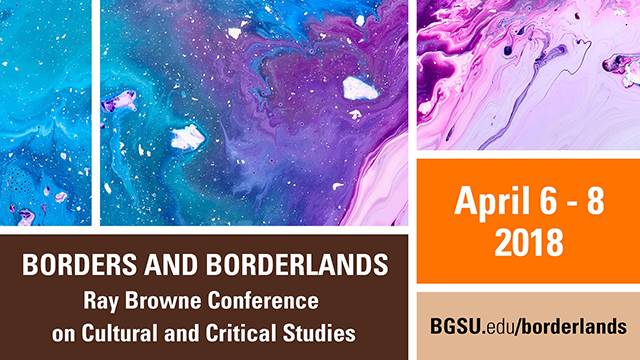
Concurrent Panel Session Ten
Racist Discourse in Disguise: Exploring How White Facebook Users Expressed Ambivalence Following the Police Shooting of Philando Castile
Start Date
8-4-2018 1:00 PM
End Date
8-4-2018 1:50 PM
Abstract
In Facebook, different social groups with different expectations are integrated into a single network, which may problematize the ways in which white Facebook users construct and manage their identities. For instance, white Facebook users may be expected to express sympathy for black victims of police killings by one social group, which makes a moral claim. White Facebook users may express moral claims to present a non-racist public identity. In contrast, white Facebook users may be expected to express support for law enforcement by another social group, which makes a normative claim. White Facebook users may express normative claims to protect structural whiteness and preserve white privilege. Choosing which claim to convey to an overlapping Facebook audience may engender cognitive dissonance. This dissonance may be reduced through ambivalence, which refers to discourses that encompass both moral and normative claims. However, ambivalence may be racist discourse in disguise. Moral claims may function as an impression management tactic that allows white Facebook users to masquerade as non-racist while simultaneously helping to legitimize police killings through normative claims.
This study employs a critical discourse analysis to examine white Facebook users’ ambivalent discourses in response to 3 news articles associated with the Philando Castile police shooting. Each news article has an audience that differs across the political spectrum, which means a conservative-leaning, liberal-leaning, and moderate news audience is represented. This paper is guided by the following research question: In what ways does ambivalence help to legitimize the police shooting of Philando? White Facebook users are explored because white people are overrepresented as police officers, elected prosecutors, judges, and political officials. White people have the social, economic, and political power to either eradicate or perpetuate racial bias in policing to the extent that it is addressable through hiring, policy, and enforcement.
Keywords
police brutality, Facebook, racist discourse, ambivalence, legitimation, impression management, whiteness, critical discourse analysis
Racist Discourse in Disguise: Exploring How White Facebook Users Expressed Ambivalence Following the Police Shooting of Philando Castile
In Facebook, different social groups with different expectations are integrated into a single network, which may problematize the ways in which white Facebook users construct and manage their identities. For instance, white Facebook users may be expected to express sympathy for black victims of police killings by one social group, which makes a moral claim. White Facebook users may express moral claims to present a non-racist public identity. In contrast, white Facebook users may be expected to express support for law enforcement by another social group, which makes a normative claim. White Facebook users may express normative claims to protect structural whiteness and preserve white privilege. Choosing which claim to convey to an overlapping Facebook audience may engender cognitive dissonance. This dissonance may be reduced through ambivalence, which refers to discourses that encompass both moral and normative claims. However, ambivalence may be racist discourse in disguise. Moral claims may function as an impression management tactic that allows white Facebook users to masquerade as non-racist while simultaneously helping to legitimize police killings through normative claims.
This study employs a critical discourse analysis to examine white Facebook users’ ambivalent discourses in response to 3 news articles associated with the Philando Castile police shooting. Each news article has an audience that differs across the political spectrum, which means a conservative-leaning, liberal-leaning, and moderate news audience is represented. This paper is guided by the following research question: In what ways does ambivalence help to legitimize the police shooting of Philando? White Facebook users are explored because white people are overrepresented as police officers, elected prosecutors, judges, and political officials. White people have the social, economic, and political power to either eradicate or perpetuate racial bias in policing to the extent that it is addressable through hiring, policy, and enforcement.

